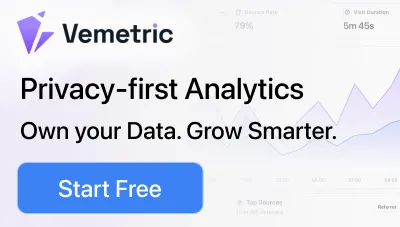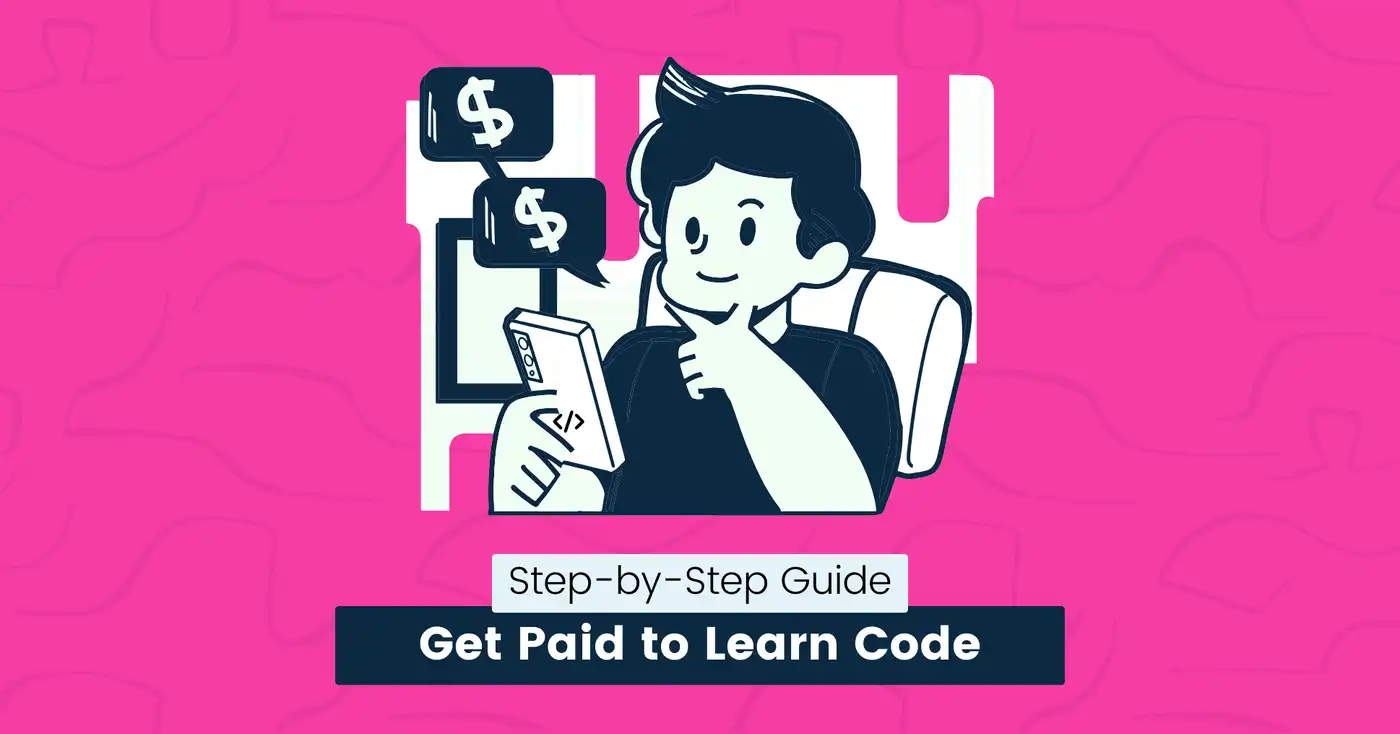
Get Paid to Learn Code: A Step-by-Step Guide (2024)
Web development has become one of the most in-demand skills in many industries.
More and more people want to learn to code in the hope of making money as soon as possible.
While this exciting field offers many new opportunities with a good salary, the cost of learning and time commitment can be major limitations for beginners.
But what if you could get paid to learn code?
Or, what if the time spent learning online can get you money without having a full-time job?
This may sound too good to be true, but there are ways you can learn how to code and get paid while doing it.
This guide will show you the steps you can take to start earning as you learn and improve your coding skills to advance your career.
Let’s get started.
snappify will help you to create
stunning presentations and videos.
Why Learning to Code is a Valuable Skill?
Coding is not just for software developers. It is a valuable skill used across many different fields.
By knowing how to code, you can:
- Build a website or a mobile app.
- Create new tools.
- Automate repetitive tasks.
- Solve problems and find solutions.
For example, data analysts use coding knowledge to analyze large amounts of data.
In digital marketing, coding is used to monitor website traffic or automate email campaigns.
All these skills make you more valuable to employers who are willing to pay well for people who know coding, even if it is not their main job.
That’s why you should find ways to get paid as you learn.
This way, you can cover the learning expenses and start building your portfolio immediately.
Benefits of Getting Paid While Learning
Here are some benefits of getting paid while you learn to code:
- Improved Portfolio: By getting paid for projects early on, you are already creating your portfolio of work. This will increase your chances of getting hired when applying for jobs later, as it shows potential employers that you have real experience in coding.
- Future-Proofing Career: With paid coding opportunities, you are more likely to stay motivated and committed to learn new things. This keeps your skills relevant and up-to-date with market demands and changing job requirements.
- Networking Opportunities: When you work on projects or join internships, you meet other professionals in the industry. These connections help you build a network that supports your career growth.
- Real-World Experience: By working on real projects, you can gain practical experience that is far more important than simply learning the theory. It improves your problem-solving skills and makes you more attractive to future employers.
How to Get Paid While Learning to Code?
Here are some ways you can earn money while you’re still learning:
Find freelancing jobs
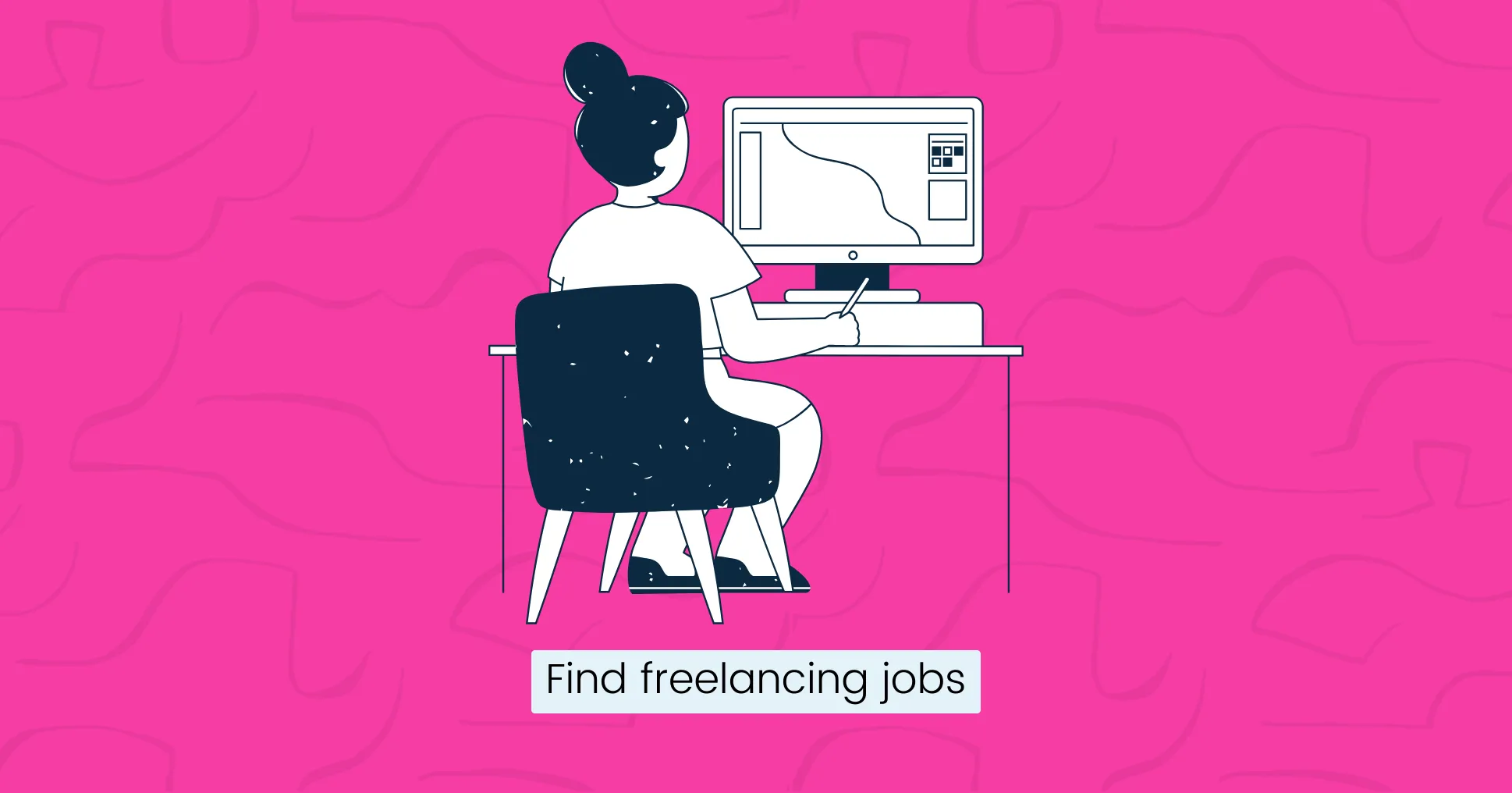
Freelancing is a great way to start earning money with your coding skills, even if you are just starting.
You can grow at your own pace without a degree or years of experience.
You can easily find clients who will pay for simple tasks because they lack the time or expertise to do them themselves.
Also, you don’t worry about taking on big or complex projects. You can start with small tasks that match your current skill level.
For example:
You can offer to:
- Update existing websites by adding new content.
- Improve page layouts.
- Find and fix code errors or broken links.
- Write a script to automate a task.
Some platforms where you can find entry-level freelance jobs are:
- Freelancer
- Upwork
As a beginner, you might start with lower-paying jobs. Then you can start charging higher rates as your experience grows.
Key tip:
Find a niche market to focus on. For example, you could create custom websites for Shopify. This will make you the go-to person for clients who need your specific skills.
Reach out to local businesses
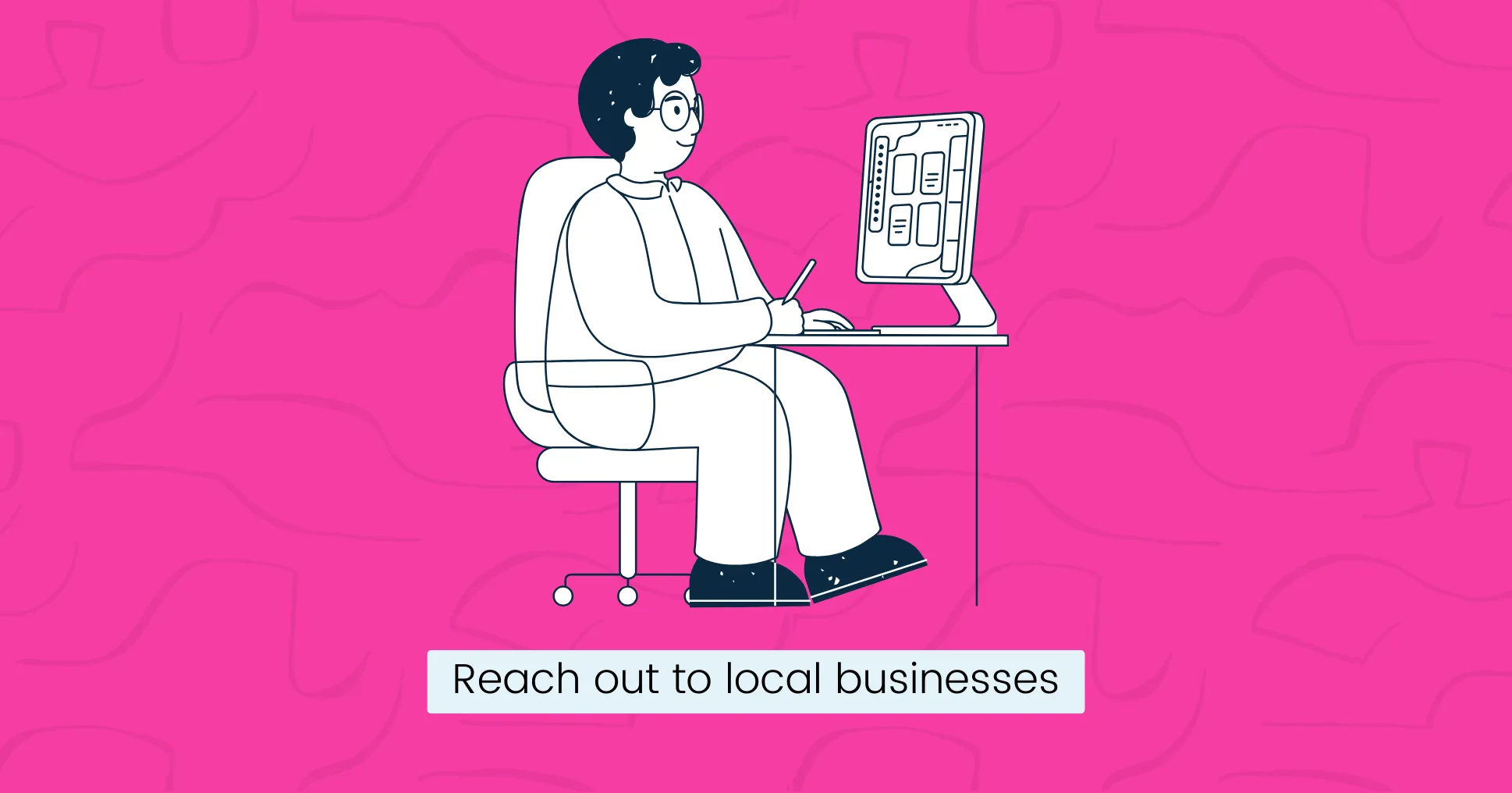
Another great way to earn money coding is by connecting with small businesses.
Unlike big companies, small businesses often don’t have the resources to hire full-time developers.
These include local shops, restaurants, or service providers that may not have a website or whose current one is outdated and not mobile-friendly.
This is where you can step in and offer your services at a reasonable rate.
Here’s how you can do this:
- Contact your friends, family, or small local businesses needing a website.
- Offer to build or revamp their website at a cheap price.
- You could also offer ongoing maintenance and basic SEO services to provide them with more value.
- This will make your clients happy and they will recommend you to other business owners they know.
Join a Paid Internship

There are a lot of companies that offer paid internships or beginner-level web developer roles.
To get hired, you only need entry-level skills and a resume, so don’t worry if you are not a programming expert yet.
You will learn on the job while getting paid, gain hands-on experience, and receive mentorship from professionals, which is invaluable when you are starting out.
You can check out sites like GeeksForGeeks, Indeed, and ZipRecruiter for internships and junior software developer positions.
Provide simple solutions
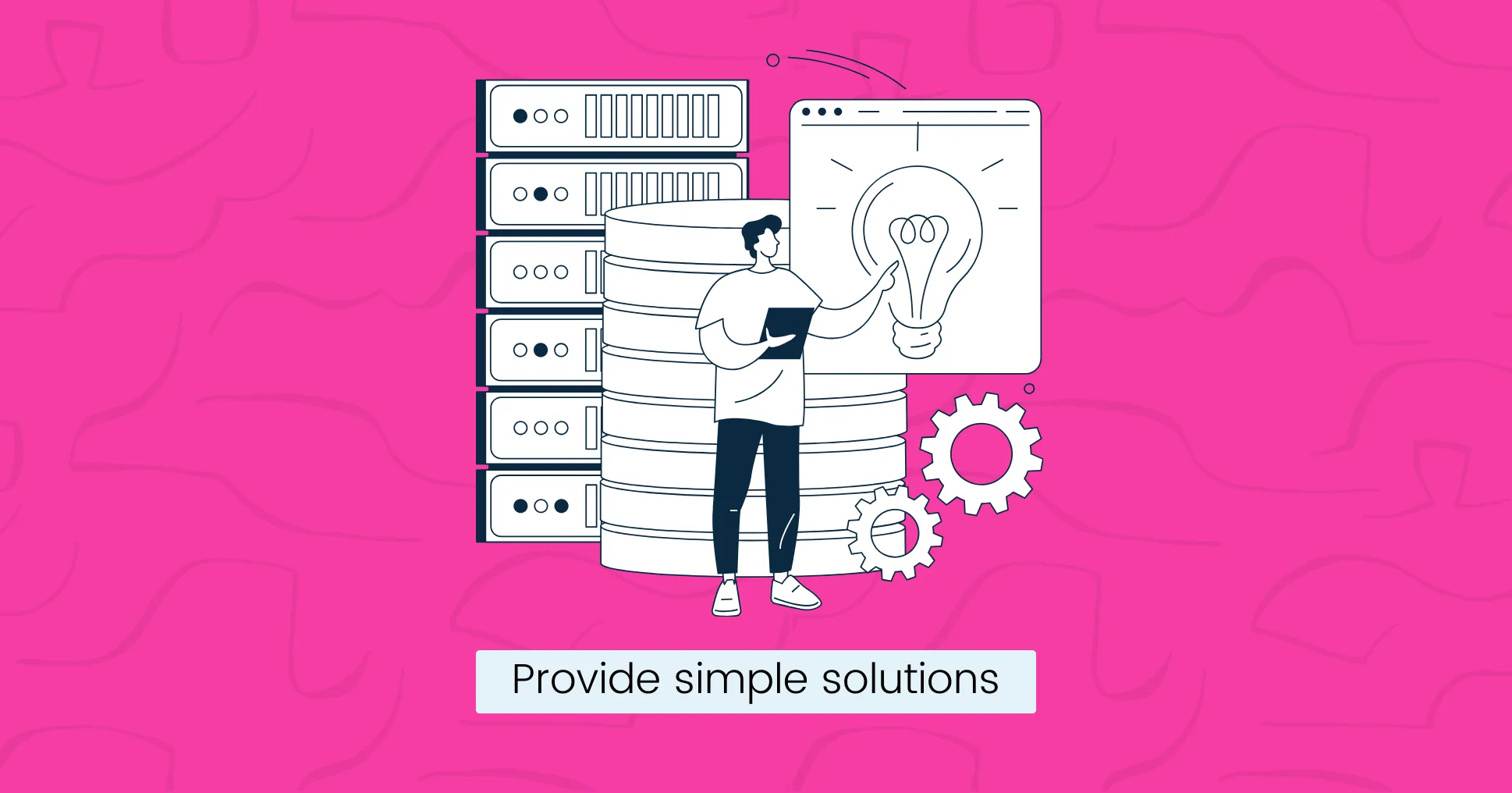
Once you have basic HTML, CSS and JavaScript knowledge, you can start offering specific services that are easy to sell.
For example:
You can create drag and drop websites that are professional yet simple enough that businesses can easily update and maintain themselves.
Here’s how it works:
- You create a few basic templates, such as a landing page, contact page, portfolio site, or services page.
- Clients can add new content to the template and customize text, images, and layouts to match their brand’s style and preferences.
- These sites can be built using minimal code, making them fast and easy to maintain.
- You can also offer responsive designs that look great on both desktop and mobile devices.
Tip:
Check out the best drag-and-drop web application builders to get started.
Join coding competitions

Participating in online coding competitions is a fun way to win cash prizes.
While there is no guarantee that you will win, taking part in coding challenges is an excellent way to develop your skills as a coder.
Some sites that offer coding contests are:
- HackerEarth
- CodeChef
- HackerRank
Here’s how it works:
- Software companies sponsor coding competitions as a way to find new talent.
- If you perform well, you can earn recognition in the coding community.
- You might even attract the attention of a potential employer who is looking for someone with your specific skill set.
- Some competitions even offer direct job opportunities as prizes.
- Also, you can add it to your portfolio and showcase your problem-solving and critical-thinking abilities.
Offer hybrid services
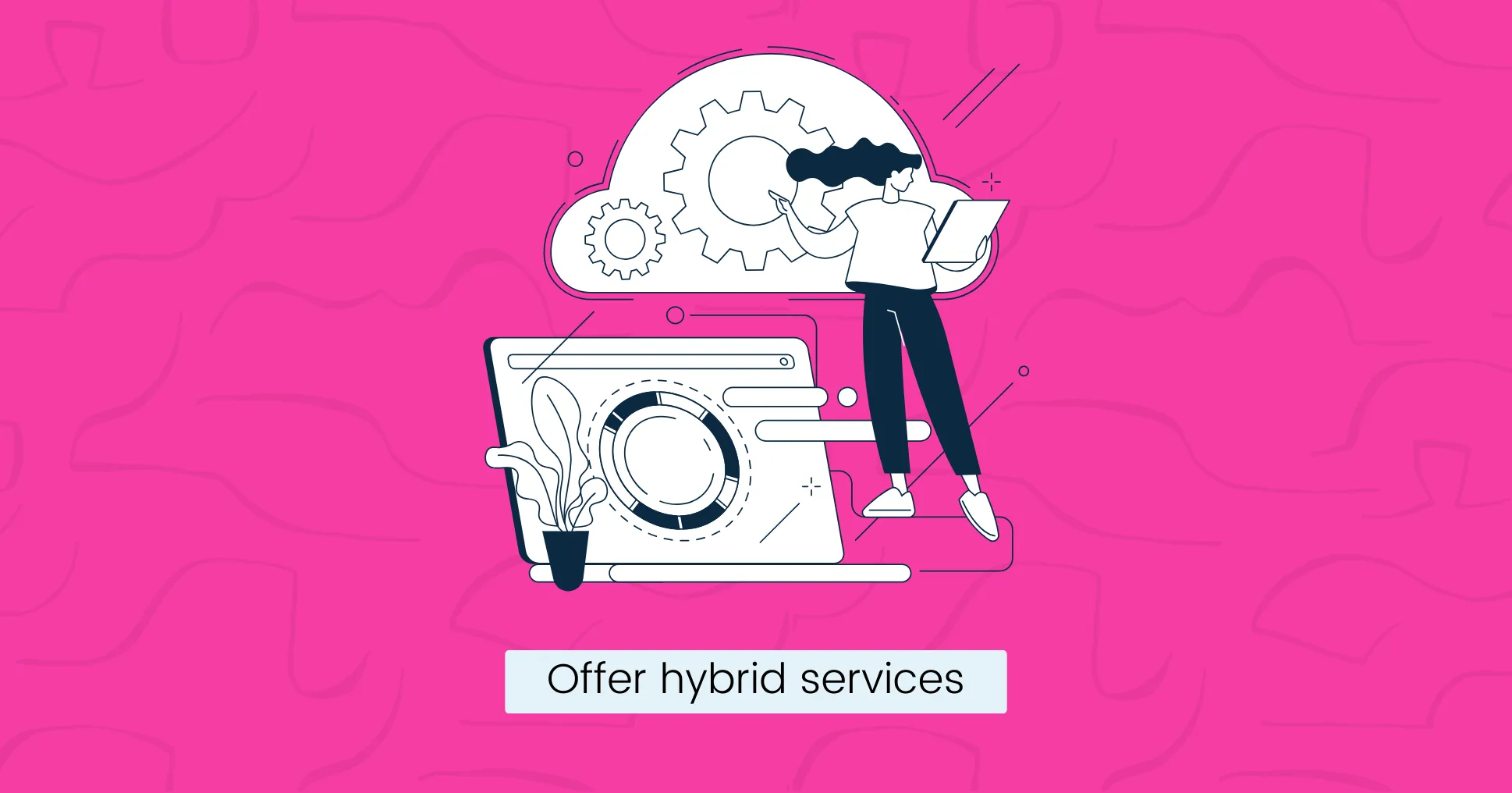
Don’t limit yourself strictly to coding-related jobs when you want to make money with your coding skills.
Think about the other skills you have and how they can complement your coding abilities.
For example:
You can offer services such as creating content for websites you have built or optimizing them for search engines (SEO).
This hybrid approach allows you to offer a more comprehensive service package to your clients.
Some more examples you can explore include:
- Technical Writing: You can write technical content like documentation, software user manuals, and how-to guides to explain complex topics.
- User Experience (UX) Design: You could offer UX design services to make user-friendly and visually appealing websites for your clients.
- Social Media Management: Offer your services to businesses that might need someone to write content or manage their social media sites, such as Facebook, Instagram, X, etc.
- Technical Content Marketing: You can promote products, services and tools to developers and software engineers by providing case studies, resources, and documentation.
- Software or QA Testing: Run automated or manual tests to check that a web application is easy to use and functions correctly without performance or security issues.
Share your learning experience
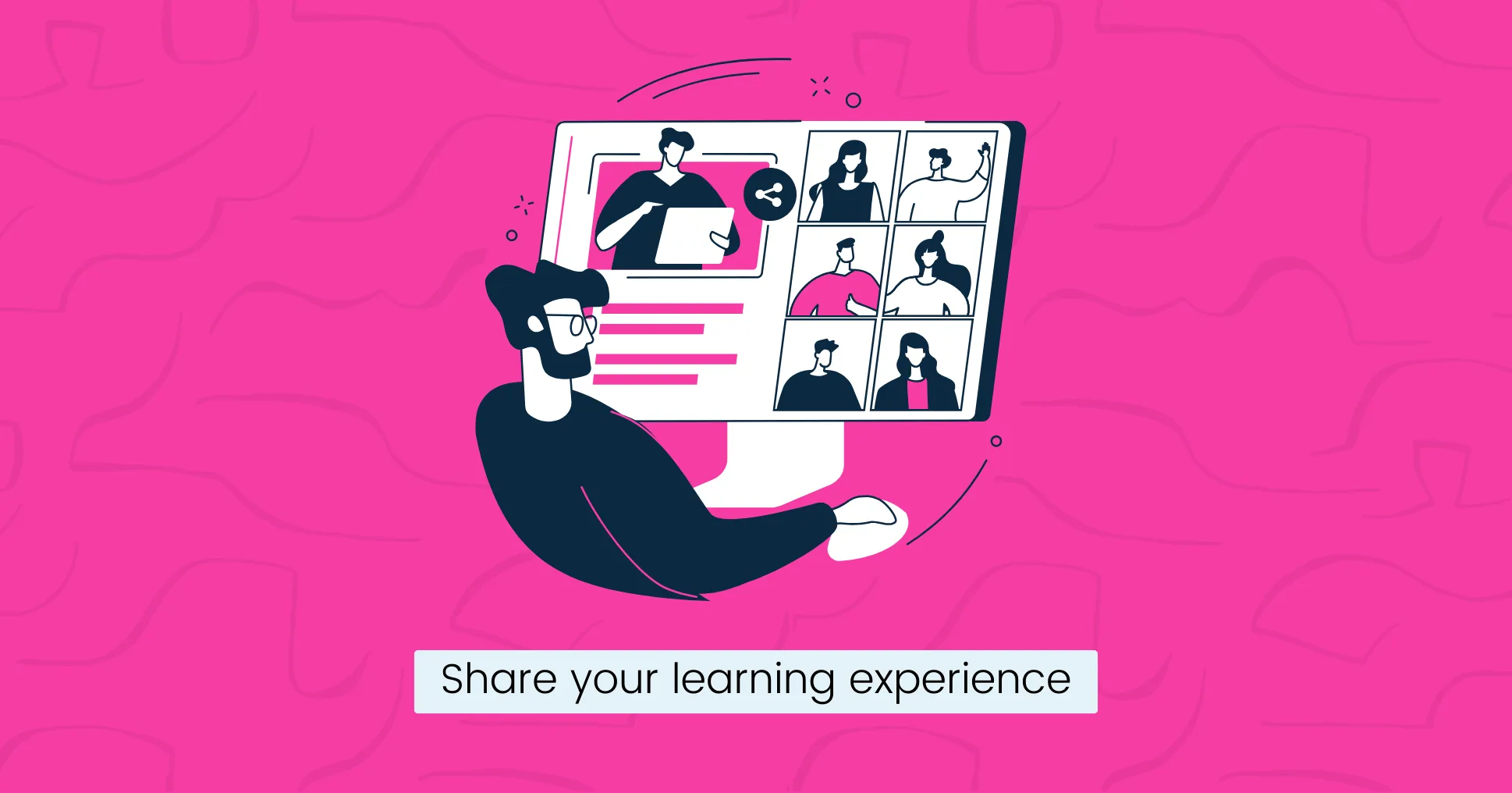
Sharing what you learn with others is an effective way to learn. It solidifies your concepts and helps you grasp complex topics easily.
You can share your learning experience by writing a blog post or creating a YouTube channel.
This will not just help others who visit your website or channel but also help you in many ways. Such as:
- Establish your personal brand.
- Increase your online presence.
- Attract more clients.
- Build trust and credibility.
Here’s how it works:
- Create a blog or channel and share your coding journey, industry insights and or other topics that interest you.
- You can also share tutorials, best practices and recommendations to help your viewers.
- Once you have built up an audience base, you can generate revenue through monetization strategies such as affiliate marketing, paid promotions, and sponsored ads.
- You can also use a subscription-based model to provide users early access to special content or an ad-free experience. While this is only possible after you have established a loyal following, it can launch a steady income stream.
Tip:
You can use a code sharing tool like Snappify to create and share beautiful code snippets on your blog or social media platforms.
Network with other developers
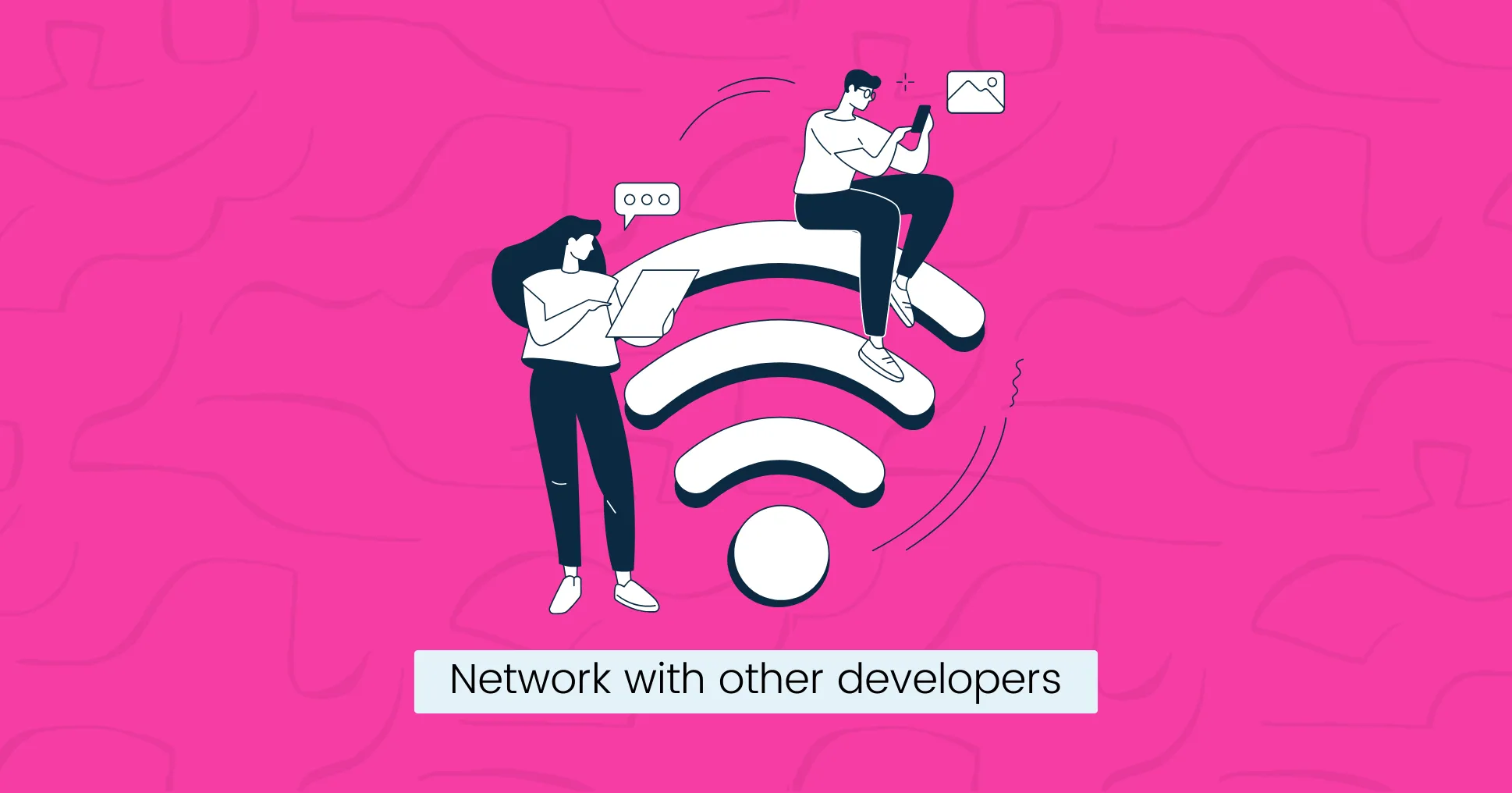
Networking is the best way to connect with others and share your experiences.
People who know you are more likely to think of you when they need an app or website for their business.
Look for networking events online or work with others through freelancing jobs or coding projects.
This will help you build connections in the tech industry, which can lead to future opportunities such as collaboration on projects or job offers.
snappify will help you to create
stunning presentations and videos.
Final Words
Learning to code takes time, patience, and consistent practice. But you can also make money, so it’s a win-win situation.
The key is to focus on what you can do now and gradually take on more challenging projects as your confidence and skills grow.
Follow this guide and get paid for doing what you love.
If you like this article, you will also enjoy reading:
- How to become a 10x developer.
- How to improve technical skills as a software developer.
- 10 hard truths about being a software engineer.
FAQs:
What are the best free resources to start learning coding?
There are many online resources available to develop basic coding skills. For free coding tutorials, explore platforms like Codecademy, freeCodeCamp, and YouTube.
Which programming language is best to make the most money while learning to code?
JavaScript and Python are the best programming languages to learn for making money, as they are in high demand across various tech fields.
How much money can you earn from coding?
You can earn anywhere from a few thousand to over a hundred thousand dollars per year, depending on your skill level, experience, and the niche services you offer.
